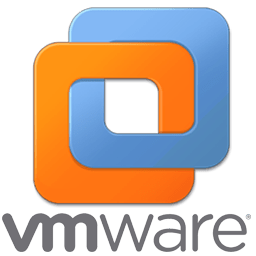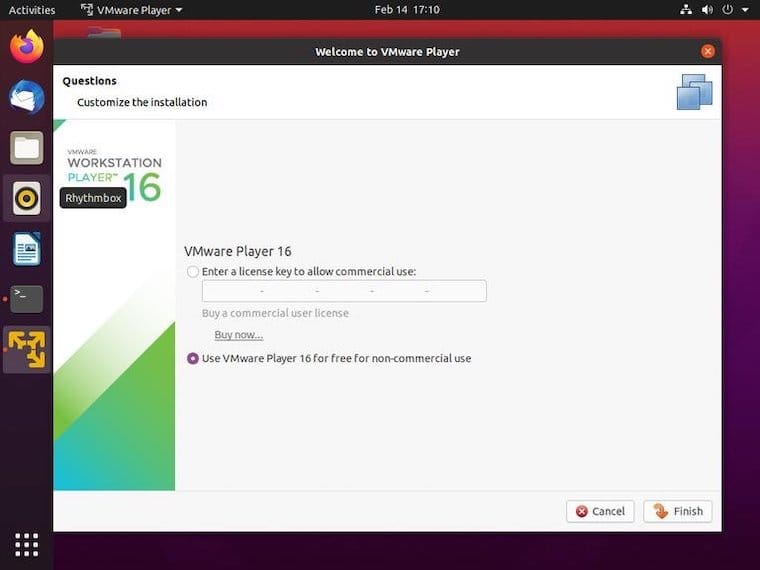
In this tutorial, we will show you how to install VMware Workstation Player on Ubuntu 20.04 LTS. For those of you who didn’t know, VMware Workstation Player is a desktop virtualization program that allows you to run multiple, isolated working strategies on an unmarried machine. With VMware Player, you can create and run your personal virtual machines and evaluate software dispensed as a virtual appliance from many program vendors accessible from VMware’s Solution Exchange.
This article assumes you have at least basic knowledge of Linux, know how to use the shell, and most importantly, you host your site on your own VPS. The installation is quite simple and assumes you are running in the root account, if not you may need to add ‘sudo‘ to the commands to get root privileges. I will show you the step-by-step installation of VMware Player on Ubuntu 20.04 (Focal Fossa). You can follow the same instructions for Ubuntu 18.04, 16.04, and any other Debian-based distribution like Linux Mint.
Prerequisites
- A server running one of the following operating systems: Ubuntu 20.04, 18.04, 16.04, and any other Debian-based distribution like Linux Mint.
- It’s recommended that you use a fresh OS install to prevent any potential issues.
- An active internet connection.
- A
non-root sudo useror access to theroot user. We recommend acting as anon-root sudo user, however, as you can harm your system if you’re not careful when acting as the root.
Install VMware Workstation Player on Ubuntu 20.04 LTS Focal Fossa
Step 1. First, make sure that all your system packages are up-to-date by running the following apt commands in the terminal.
sudo apt update sudo apt upgrade
Step 2. Installing Dependency packages.
Before VMware Workstation Player, you must install some required Ubuntu packages:
sudo apt install wget gcc build-essential linux-headers-generic
Step 3. Installing Workstation Player on Ubuntu 20.04.
Now we download the latest version of VMware Workstation Player from the official website:
wget --user-agent="Mozilla/5.0 (X11; Linux x86_64; rv:60.0) Gecko/20100101 Firefox/60.0" https://www.vmware.com/go/getplayer-linux
Once the download is completed, make the installation file executable and install it:
chmod +x getplayer-linux sudo ./getplayer-linux --required --eulas-agreed
You will get a successful message similar to the one below:
Extracting VMware Installer…done. Installing VMware Player 16.2.1 Configuring… [######################################################################] 100% Installation was successful.
Step 4. Accessing VMware Workstation Player on Ubuntu.
Once the installation is successful, go and launch VMware Workstation Player from the Activities Dashboard. When you start the application for the first time, a window like the following will appear asking you whether you like to use VMware Workstation Player for free for personal non-commercial use:

Congratulations! You have successfully installed VMware. Thanks for using this tutorial for installing VMware Workstation Player on Ubuntu 20.04 LTS Focal Fossa system. For additional help or useful information, we recommend you to check the official VMware website.